Doc's Blog!
Feed The Need! Vital Nutrition From Your Weeds!
They say “You Are What You Eat“. These days, in a world of fast food, vending machines and soda pop, that’s a pretty scary thought. The modern diet has become a nutritional wasteland and yet we eat it all the time.
Why? Because it tastes great and it’s faster and easier than making something that’s good for us.
But why does it taste good? Why is it that our bodies crave simple sugars and processed fats that are driving us to an early grave? It’s quite simple really. We’re wired that way. You see, it wasn’t too many thousands of years ago that mankind was filling their bellies mostly through hunting, gathering and gardening. Food was sometimes hard to come by, so it was a distinct advantage for us to preferentially eat things that were densely nutritious; things like fats and sugars. So the Good Lord, in His clever design, made sure to give us some taste buds and to wire our brains to really like things that were sweet or fatty. He thought we’d save a lot of energy if we ate deer and goats and such instead of eating the grass the deer and goats and such were eating. He also decided we’d be lots better off if we spent our time eating fruit rather than gnawing on tree bark. So He made us to like the fruit better. And, other than the one unfortunate incident with apples, that design has served us very well.
Unfortunately, mankind decided that they wanted to make some changes to the original food choices. As a result, we’ve done the same thing to foods that we’ve done to pug dogs. We’ve selectively bred them into contorted disasters that are nothing like their original designs (dogs worked really well in the good old days when they were shaped like dogs!). Foods worked better too; until we twisted them into Twinkies and Big Macs! And it’s not just the fast food and junk food that we’ve ruined. We’ve also substantially changed the grains and produce we eat. Wheat, which used to be the staff of life is now a GMO mutant that aggravates gluten intolerance and celiac disease. Fruits and vegetables have been selectively bred for longer shelf life, sweeter flavor (all those vitamins and such don’t taste as good as the sugars!) and uniformity of color and size.
The result is grocery store shelves full of foods that aren’t nearly as beneficial or nutritious as they used to be.
So, what can we do? Well, in ideal circumstances we could grow our own food. Studies have shown that produce grown in our own gardens contains much higher vitamin and mineral levels than commercially grown produce. And that’s with regular old garden seeds from the hardware store. If you REALLY want some dandy produce, find a source of seeds for heirloom varieties. If you can’t do a garden right now, go to the local farmers’ market and buy foods from someone that’s growing things the way you’d like to.
Now for a little secret…gardens don’t just grow fruits and veggies. They also grow things that are even BETTER for you. They grow weeds! Many of the weeds produced in our gardens and wild places are packed with nutrition. I often wonder if wild plants were God’s back up plan. “Hmmm…” He says “I’ll bet it isn’t long before they ruin the grains and produce. Maybe I’d better pack some of these other plants with nutrients so folks will still have something nutritious to eat after the food scientists show up“.
Plants like burdock, yellow dock, nettles and many others can be a real boon to our health. So how do you eat these plants? Easy. Dry them, grind them and throw them in a smoothie. You could make a tea but then you’d lose all the fiber.
If you want the “Easy Button” for getting amazing plant nutrition into your diet, have a look at these offerings:
Feed The Need Restoration Bundle
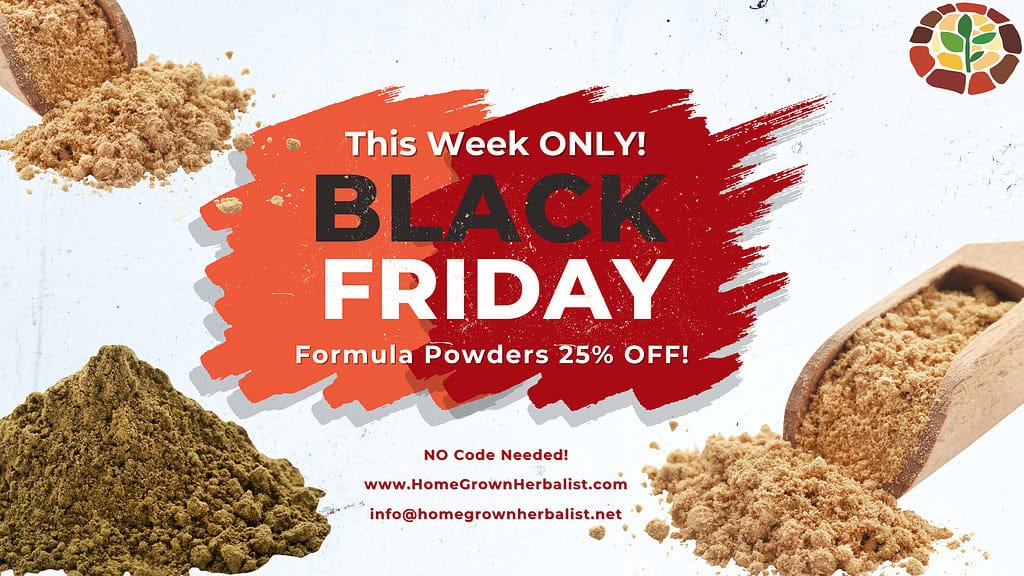


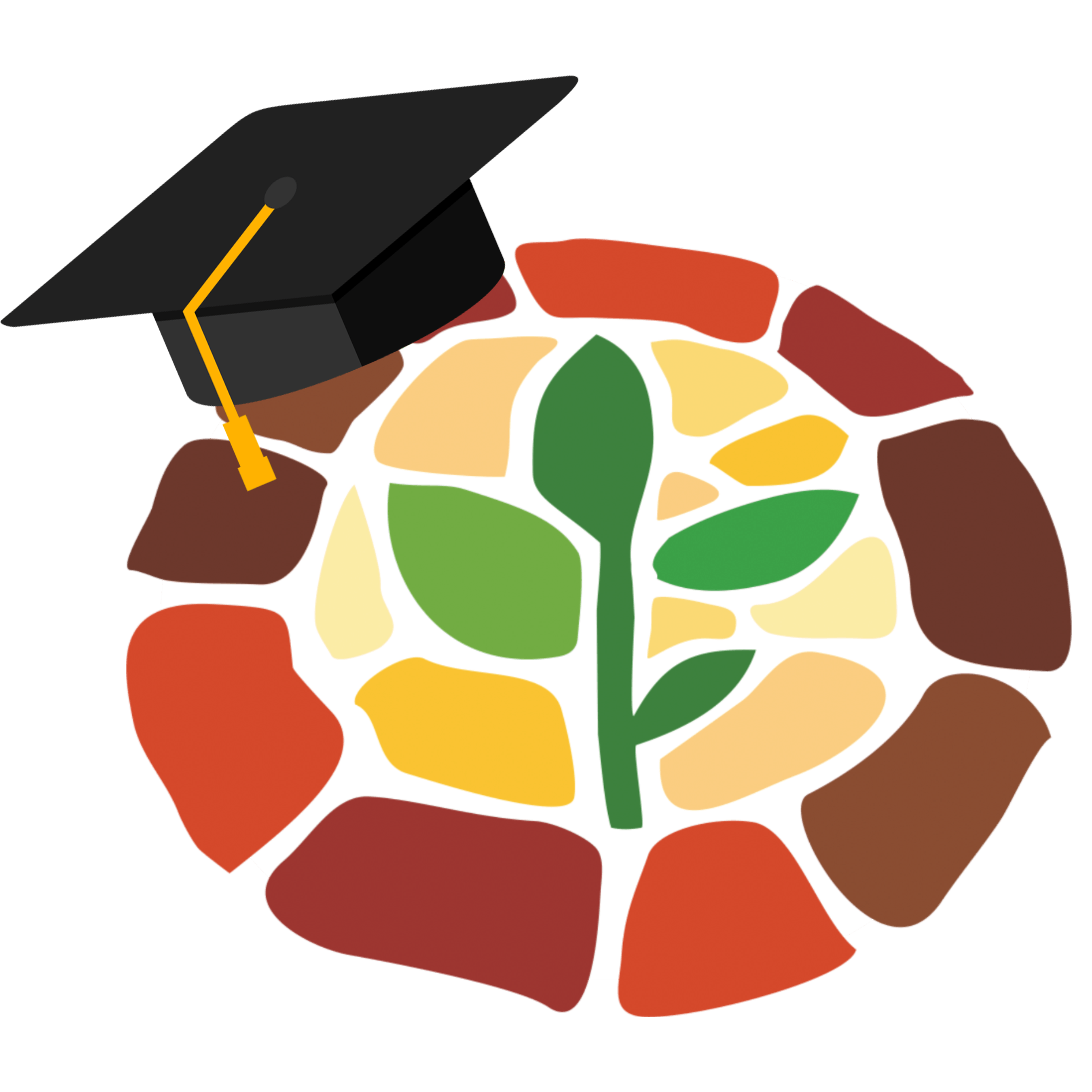
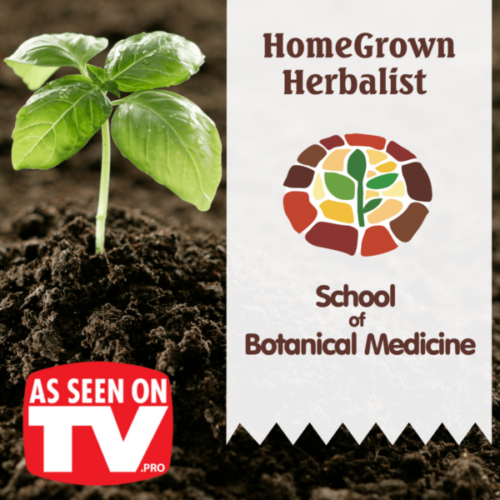
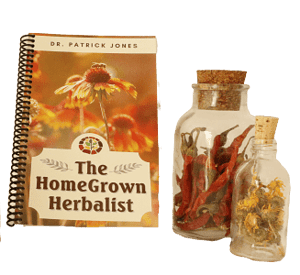
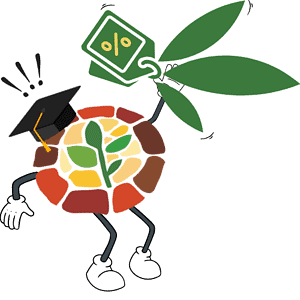
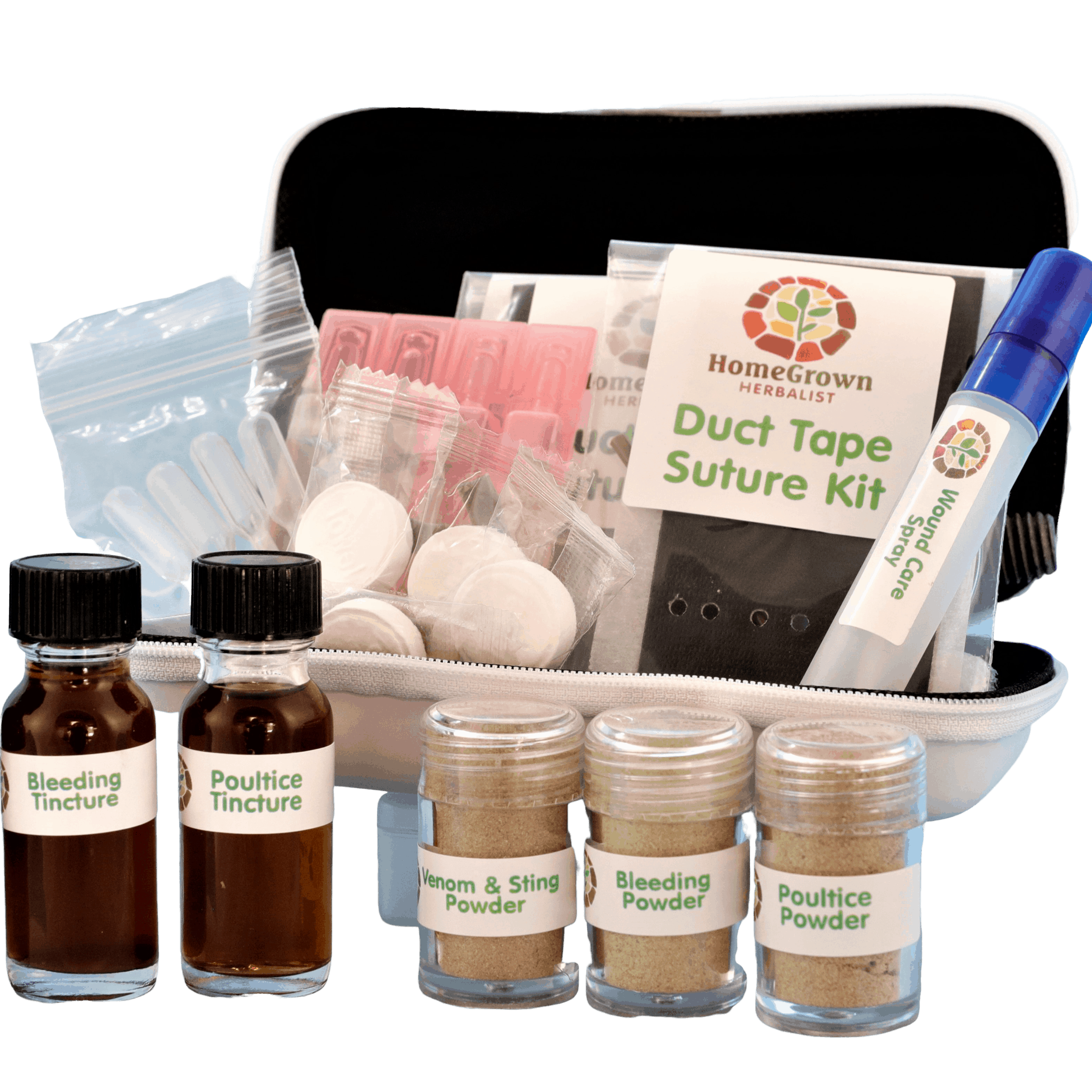
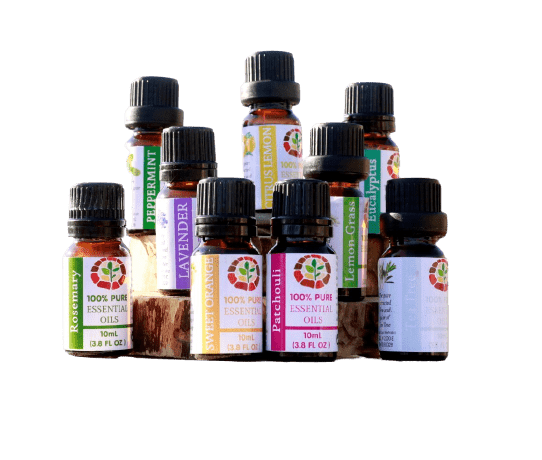
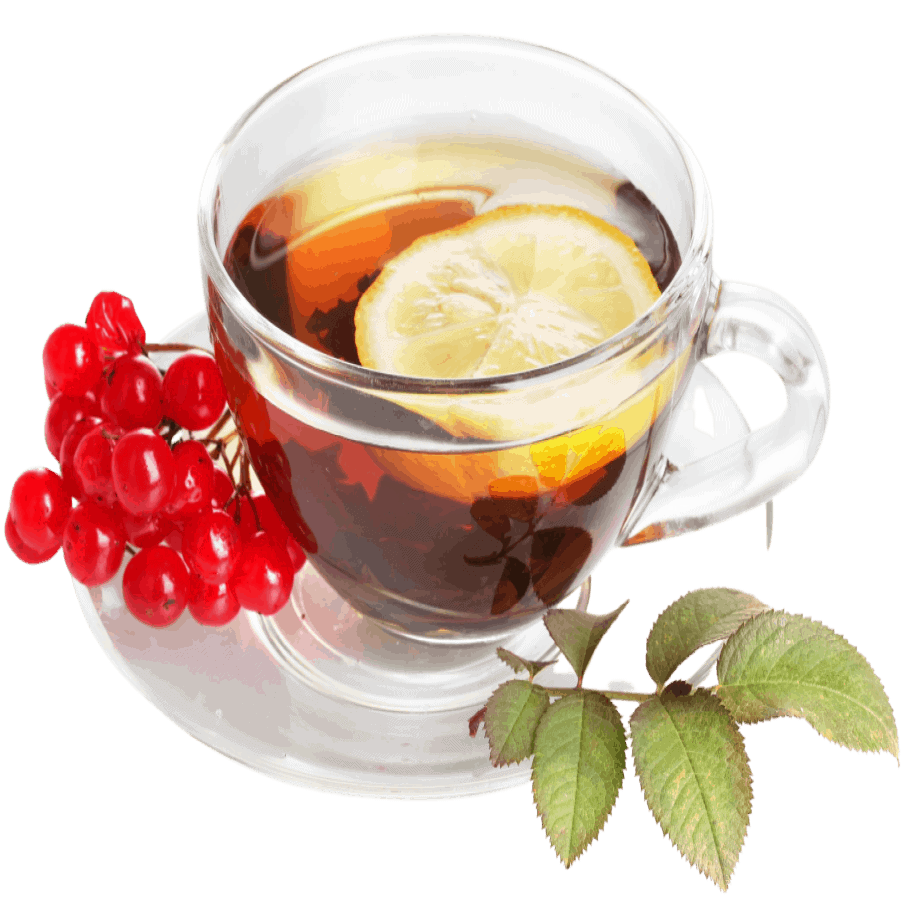
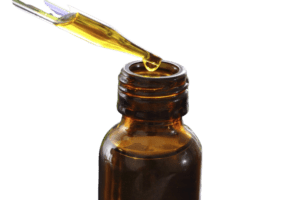
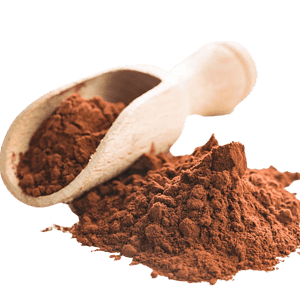
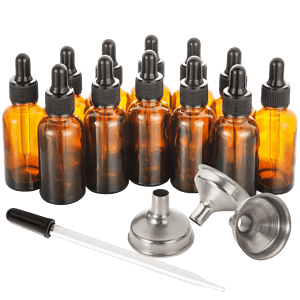
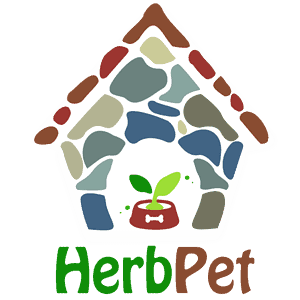
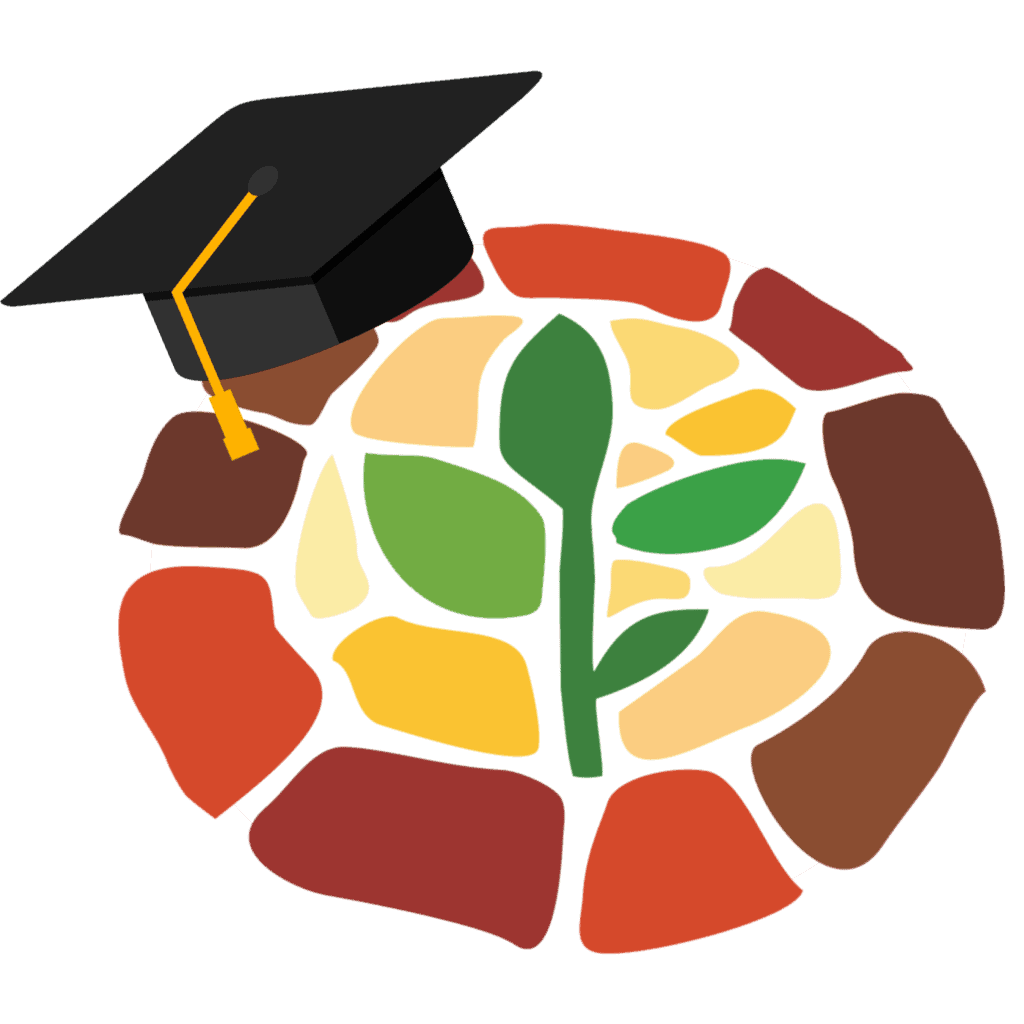
Dear Doc Jones:
Is there an herbal alternative to ivermectin?
Gratefully yours,
Roxy
Thanks, Doc Jones, for another great video. I enjoyed chuckling along with this one: I so appreciate your quick wit and how you combine humour with your teaching.
I want to also say how valuable your two books have been to me. I own the one about medicinal weeds and also the Homegrown Herbalist one. By studying these books, I have gained so much confidence in my herbal knowledge. Just now, I had a cup of nettle tea, inspired by what I learned in your book!
Thanks so much for all that you are doing to make the world a weedier and better place, Doc Jones! I hope to join the Homegrown School one day, too!
Is Chaga tincture good for depression? In the lecture it was just discussing some of the benefits of this herb and how some of the nutrition in this herb was good for depression. So many people deal with depression and finding a natural herb to help lift the mood of a person would be very beneficial. Thanks!
Thanks Dr. Jones, we missed you at our Wise Traditions conference this year. I share your videos with everyone in our local chapter of the Weston Price foundation.